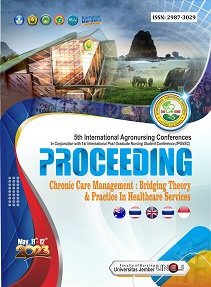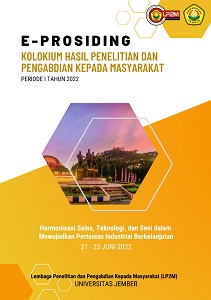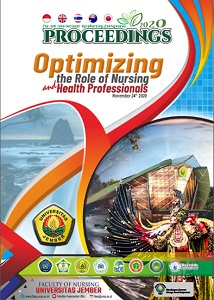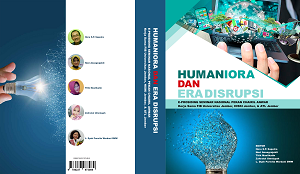HORMONAL CONTRACEPTIVE USE AND BREAST CANCER RISK: A SYSTEMATIC REVIEW
Abstract
Introduction: The association between hormonal contraceptive use and breast cancer risk remains unclear due to inconsistent findings influenced by variations in study design, contraceptive formulations, and population demographics.
Objective: This systematic review aims to synthesize existing evidence on the association between hormonal contraceptive use and breast cancer risk, taking into account variations in contraceptive type, duration of use, dosage, and user characteristics.
Methods: Following the PRISMA 2020 guidelines, a comprehensive literature search was conducted across PubMed, ProQuest, Springer, and Google Scholar for studies published between 2021 and 2025. Keywords included "hormonal contraceptive," "breast cancer," and related terms. Inclusion criteria encompassed studies involving women of reproductive age that examined the association between hormonal contraceptive use and breast cancer risk, including observational studies, systematic reviews, and meta-analyses. Studies were screened, duplicates removed, and quality assessed using the Joanna Briggs Institute (JBI) critical appraisal tool.
Results and discussion: Ten eligible studies were reviewed, with mixed findings. Several studies reported a slight but statistically significant increase in breast cancer risk with long-term hormonal contraceptive use, particularly oral estrogen-progestin combinations. The risk appeared to diminish over time following discontinuation. In contrast, some studies found no association, while others suggested potential protective effects under specific conditions, such as in users with a family history of breast cancer. Modern contraceptives with lower estrogen doses may present a different risk profile, though further research is needed.
Conclusion: The Association Between Hormonal Contraceptive Use and Breast Cancer is complex and influenced by multiple variables. While prolonged use may slightly elevate risk, the overall risk remains low and often declines with cessation. Hormonal contraceptives offer notable non-contraceptive benefits and are generally considered safe for most women, including those with genetic predispositions. Informed decision-making should involve individualized risk-benefit analysis, and future research should focus on contemporary contraceptive formulations.








